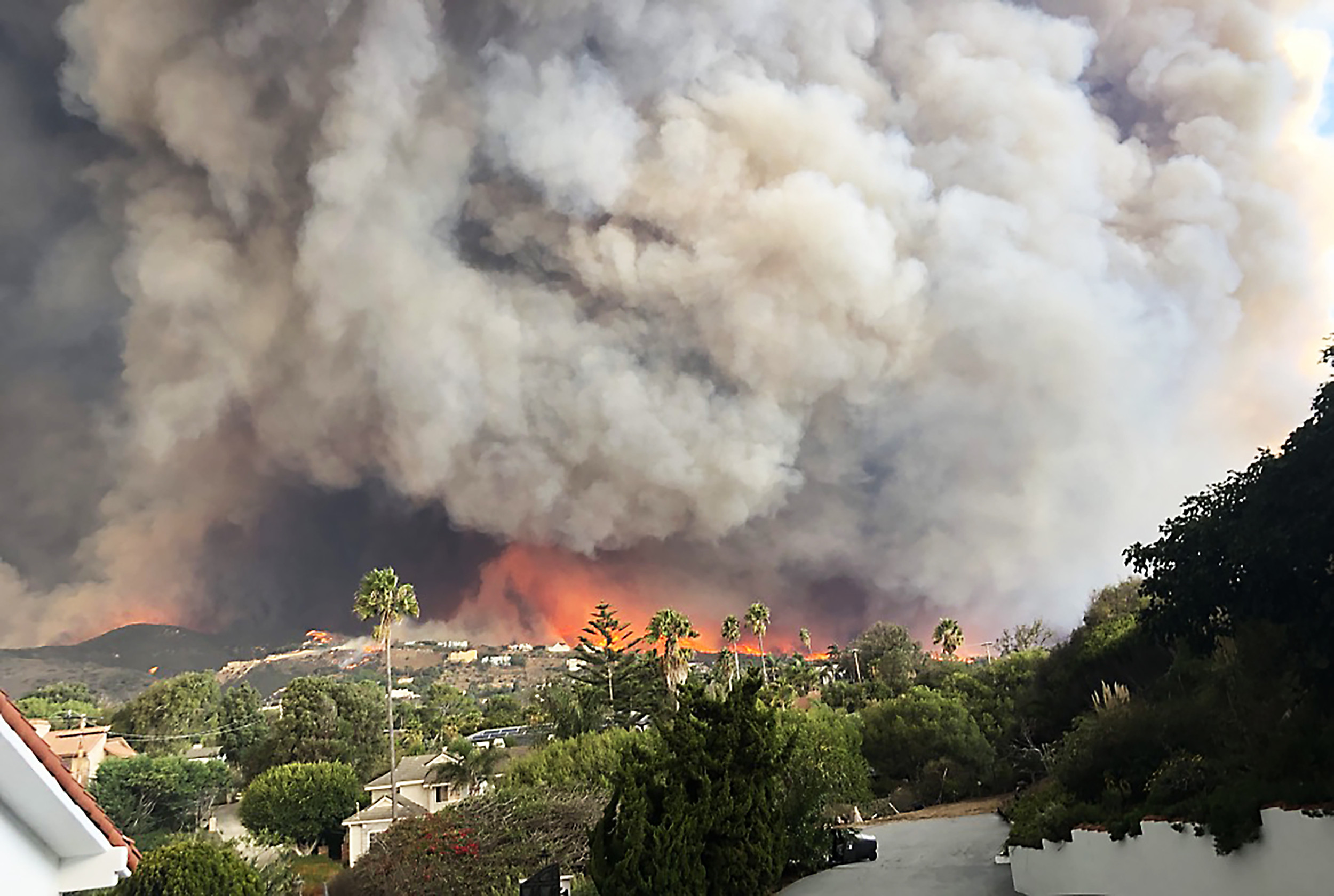A milk bank recalled more than 100 bottles of breast milk amid fears they could have been contaminated with a "foreign material."
A total of 136 bottles of pasteurized human milk were recalled by the Minnesota Milk Bank For Babies in December, according to the Food and Drug Administration (FDA). They were only distributed within Minnesota.
The potential source of contamination was not specified, but the FDA subsequently issued a Class II risk classification for the products.
Newsweek has contacted the Minnesota Milk Bank For Babies for comment outside of normal working hours.

Why It Matters
Babies are particularly vulnerable and should never be exposed to unsterilized products, choking hazards or foreign material.
A Class II risk classification is issued by the FDA for products that "may cause temporary or medically reversible adverse health consequences or where the probability of serious adverse health consequences is remote."
What To Know
The FDA said the product affected was pasteurized donor human milk, in volumes of four fl. oz. / 120 ml per bottle, and 20 kcal/oz. The product was due to expire on January 1, 2025.
The recall was initiated voluntarily by the milk bank on December 3, and the FDA later issued its risk classification on Thursday, January 2.
There are three FDA risk classifications in total, with Class I being the most severe in which there is a reasonable probability a "violative product will cause serious adverse health consequences or death."
Meanwhile, Class III represents a situation in which the "use of, or exposure to, a violative product is not likely to cause adverse health consequences."
What People Are Saying
The Minnesota Milk Bank For Babies has not yet commented publicly on the recall.
The organization states on its website that it was set up to "improve infant health outcomes by ensuring that medically vulnerable babies—in Minnesota and the Upper Midwest—have access to safely pasteurized life-giving human donor milk when mother's milk is unavailable or in low supply."
It adds: "Strict standards for donations and processing are upheld."
What Happens Next
The recall has been "completed," according to the FDA.
If you think you have experienced an adverse reaction to a food, including an ingredient, you can report it to the FDA on its website.
Do you have a story Newsweek should be covering? Do you have any questions about this story? Contact LiveNews@newsweek.com.




















 English (US) ·
English (US) ·